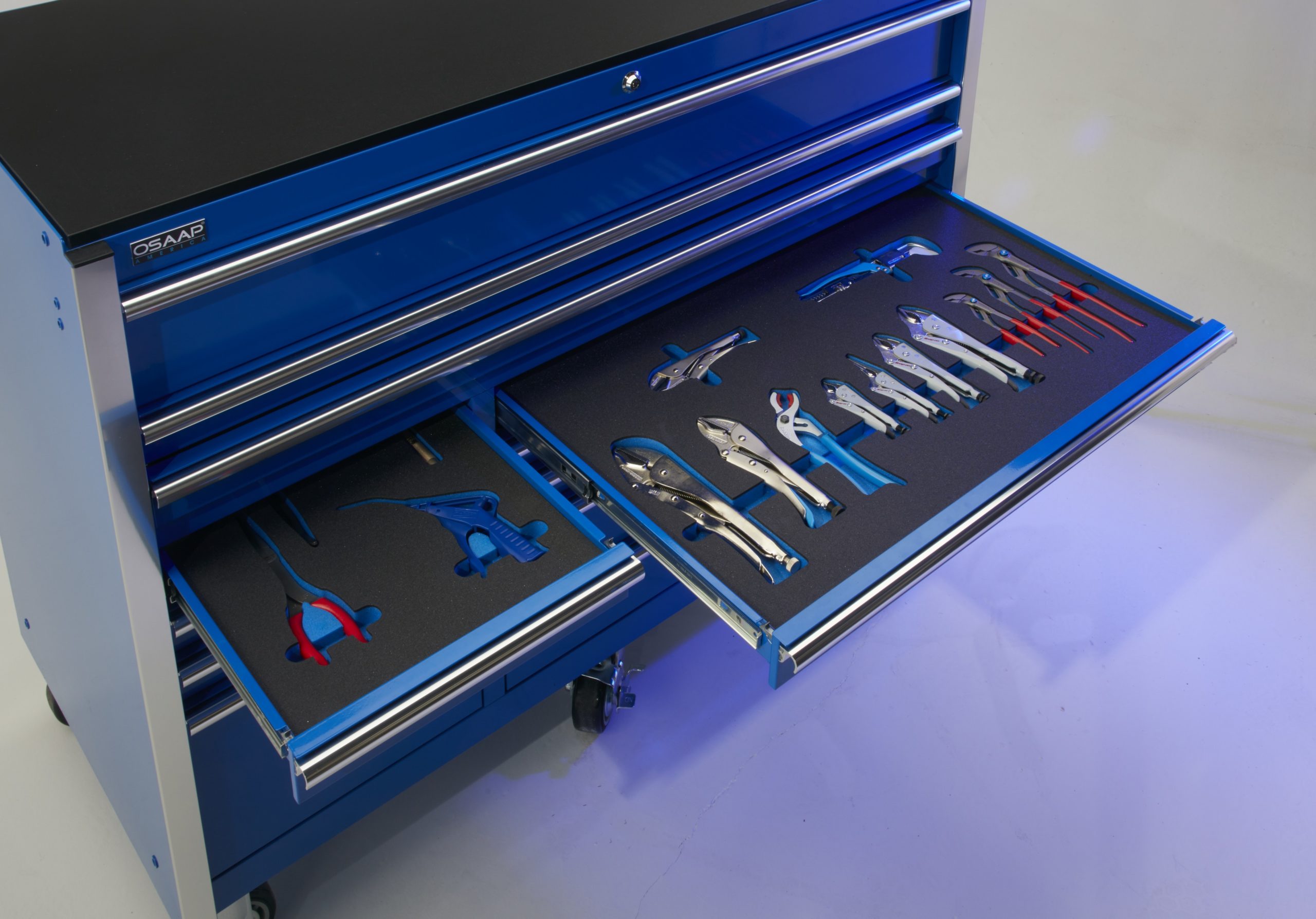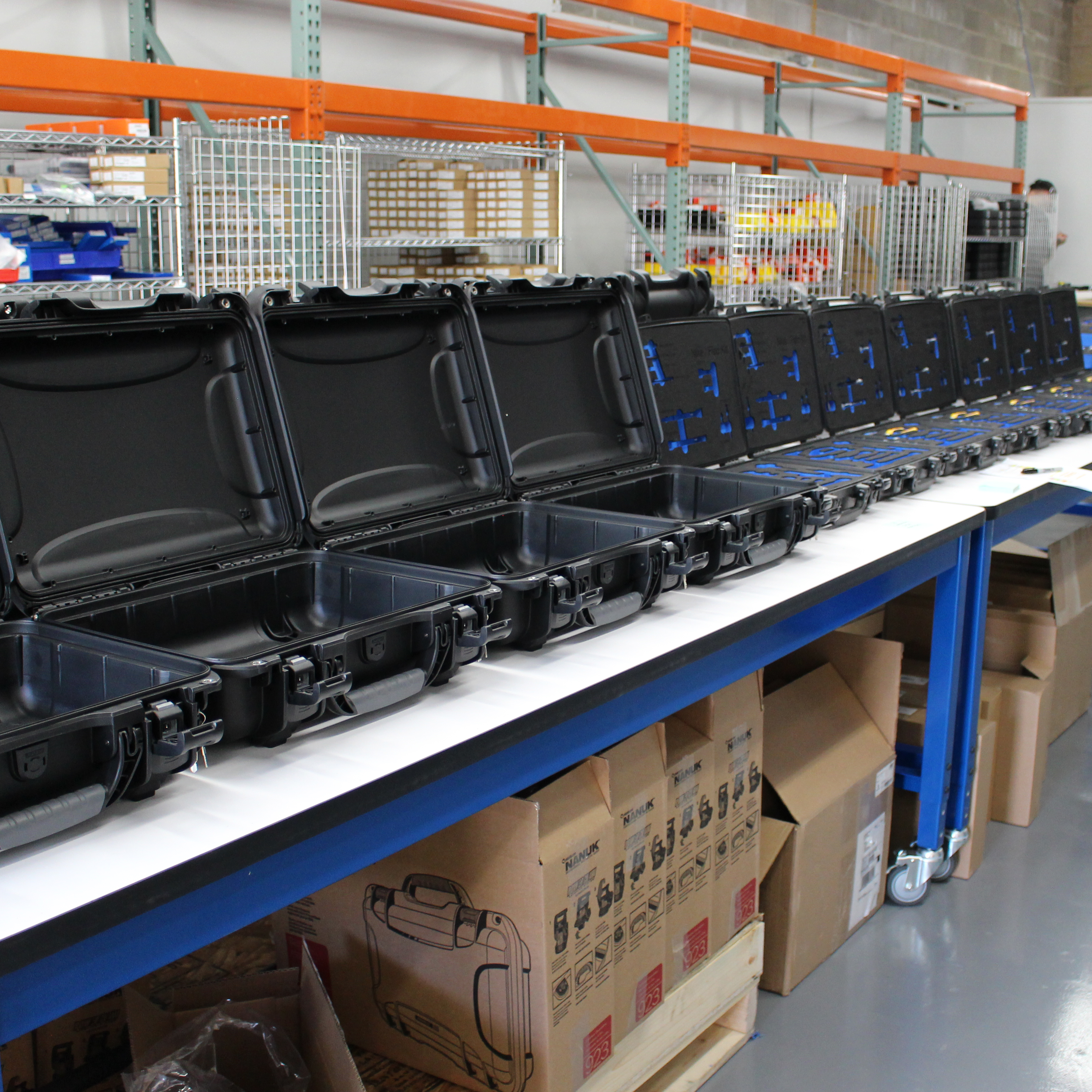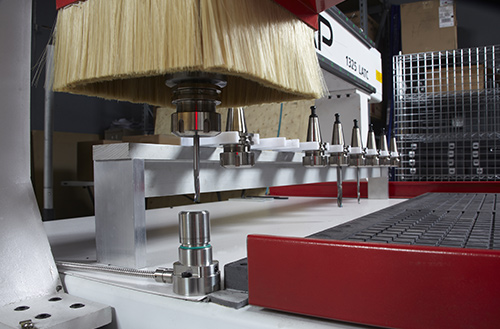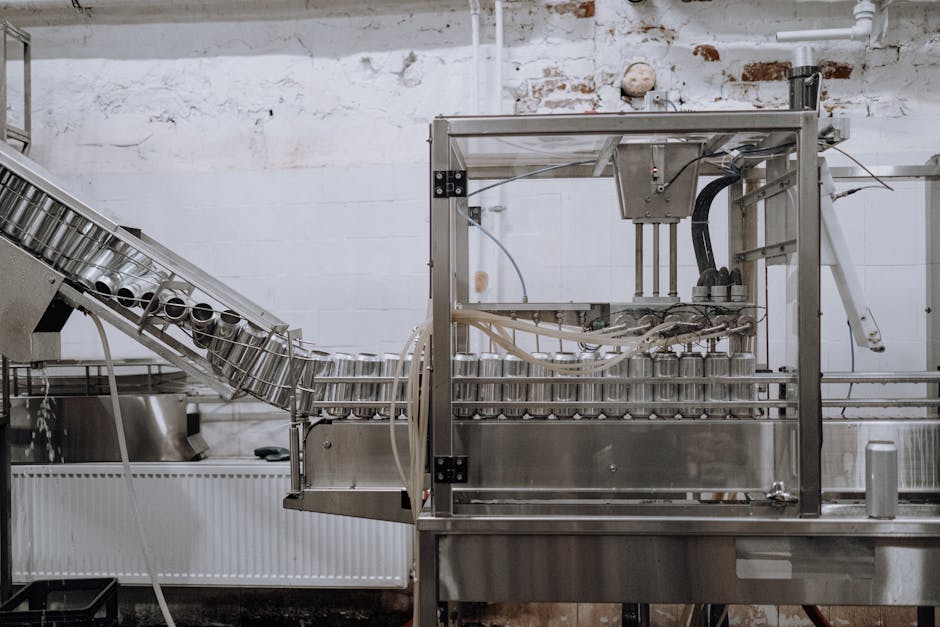The Impact of Precision Manufacturing Solutions on Compliance and Organizational Standards
n an era where accuracy and efficiency are not just goals but mandates, precision manufacturing solutions emerge as the linchpins supporting the complex machinery of modern industries. These solutions not only propel operational excellence but also become instrumental in meeting stringent compliance and elevating organizational standards.
The Evolution of Precision Manufacturing in Industry
The journey of precision manufacturing is one of relentless innovation and adaptation. From the rudimentary tools of the early industrial age to today’s highly automated and computer-driven systems, these solutions have undergone a significant transformation. This evolution reflects not only technological advancements but also a deeper understanding of the intricate demands of modern production processes.
One pivotal moment in this evolution was the introduction of Computer Numeric Control (CNC) technology, which revolutionized how products are designed, prototyped, and manufactured. CNC and other digital manufacturing technologies have provided a level of control and precision once thought unattainable, enabling manufacturers to produce components with sub-millimeter accuracy.
How Precision Manufacturing Solutions Enhance Compliance
Compliance with industry standards and regulations is a complex, ever-evolving challenge for many organizations. Precision manufacturing solutions simplify this challenge by ensuring that production processes are as accurate and efficient as possible. By minimizing human error and maximizing consistency, these technologies play a crucial role in meeting the stringent requirements set forth by regulatory bodies.
Moreover, advanced data analytics and real-time monitoring capabilities intrinsic to modern precision manufacturing systems offer unprecedented visibility into the manufacturing process. This allows companies to anticipate compliance issues before they arise and provides a robust audit trail for regulatory review.
Improving Organizational Standards Through Precision Manufacturing
The benefits of precision manufacturing extend beyond compliance, underpinning broader efforts to elevate organizational standards. These solutions facilitate a culture of quality and continuous improvement, driving efficiency and reducing waste across the production lifecycle.
For businesses, the implementation of precision manufacturing solutions symbolizes a commitment to excellence that resonates throughout the organization. This commitment often leads to enhanced product quality, higher customer satisfaction, and ultimately, a stronger market position.
Case Studies: Success Stories of Precision Manufacturing Implementation
A compelling testament to the transformative power of precision manufacturing comes from a global aerospace manufacturer. By integrating advanced 3D printing technology, the company was able to produce complex aerospace components with a degree of precision and efficiency previously unachievable. The result was not only a significant reduction in production time and costs but also an improvement in component performance and reliability.
Another success story involves a medical device manufacturer that implemented robotic assembly lines to enhance precision and reduce the risk of contamination. This shift not only enabled the company to surpass industry standards for product quality and safety but also to respond more agilely to market demands, significantly accelerating the time to market for new products.
From enhancing compliance to raising the bar for organizational standards, precision manufacturing solutions stand at the forefront of industrial innovation, driving businesses towards unprecedented levels of quality and reliability. In this landscape, adopting such solutions is not just about staying relevant; it’s about setting new benchmarks for excellence.






